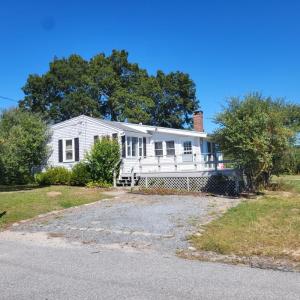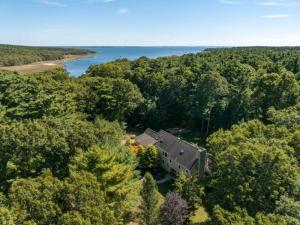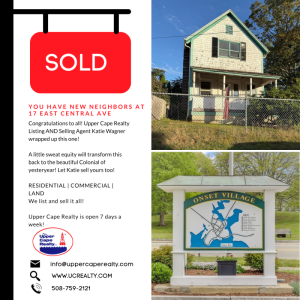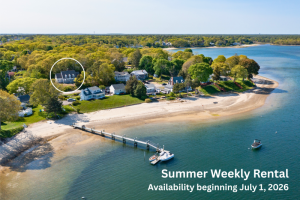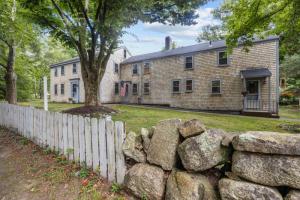Officials testify on Gifford’s bill
Story Location
United States
BOSTON — At a hearing on Representative Susan Williams Gifford’s proposed bill that could pave the way for the Notos Group’s proposed “Wareham Park” slots parlor and thoroughbred horse racing track, local officials and representatives of the horse racing industry came out to support it. Sen. Marc Pacheco firmly opposed what he called a “self-serving” proposal. Gifford herself was conspicuously absent.
Gifford’s bill would give the Massachusetts Gaming Commission the authority to offer, if they decided it was in the commonwealth’s best interest, a slots parlor license for the South Coast, Cape, and Islands, instead of the only license currently available for a resort casino including both slots and table games and requiring a capital investment of at least $500 million.
If the bill were to pass through the Legislature, there is no guarantee that the Gaming Commission would offer the smaller license. And, if offered, multiple applicants, including Wareham Park, could compete for that license.
Town Administrator Derek Sullivan was the first to speak in favor of the bill in front of the Joint Committee on Economic Development and Emerging Technologies, saying that the Wareham Park project could be “transformative for our economically disadvantaged community.”
“A project such as the proposed Category 2 gaming facility could be transformational for Wareham’s economy and provide a much-needed boost to the local jobs market,” Sullivan said. “I ask this committee to take favorable action on this bill and allow us to compete for success.”
Redevelopment Authority and Planning Board member Richard Swenson also spoke in favor of the bill and the Wareham Park project. He argued that the Notos Group’s research showed that the market would not support a full resort casino in the region, and cited the as-yet unclaimed license as proof.
Swenson also noted that the final decision on the project would be in the hands of Wareham residents, who would need to approve a zoning change with a two-thirds majority vote at Town Meeting and vote in favor of the license and host community agreement at the ballot box.
“I’m encouraging you to pass this bill so that you can give the Wareham citizens the chance, hopefully, to make their own decision on where they want to go with this project,” Swenson said. “Without this bill being passed, [Wareham Park is] dead in the water and will get no further.”
Pacheco spoke strongly against the bill, and told the committee it should be sent to study or the anti-corruption file. He said that the rules should not be changed for one developer.
“We’re now having legislation filed to go way beyond what our collective vision was about three destination-based casinos, and I don’t want to see Southeastern Massachusetts, Region C, treated differently than the other regions,” Pacheco said. “I think this legislation actually corrupts the process — and legislation like it corrupts the process — until we have completed the vision that we had for the Commonwealth.”
He said that once that third resort casino is built, then he would be open to considering the slots parlor.
“If not, then what we would be doing is helping people that are going to give us testimony that are very self-serving. They’re basically coming to this committee and to the legislature and saying, ‘Take care of me. Take care of my deal.’”
Although Selectman Alan Slavin was unable to attend the hearing, he submitted written testimony in favor of the bill, saying it would give the Gaming Commission the flexibility to review a greater variety of proposals rather than “being limited to review of a single category that was based on assumptions made in 2011.”
“Representative Gifford has identified an existing, outdated, statutory provision that is impeding economic much needed development in Southeastern Massachusetts,” Slavin wrote.
Thomas P. O’Connell and his daughter Mackenzie, two members of the Notos Group, told the committee about the potential economic benefits of the project, including an estimated $300 million capital investment, more than 1,000 permanent jobs, and at least $50 million in state and local revenue.
Representatives of the horse-racing industry argued that the track would re-invigorate the thoroughbred industry in Massachusetts, which was devastated by the closure of Suffolk Downs in June. Plainridge Park only hosts harness horse-racing.






















